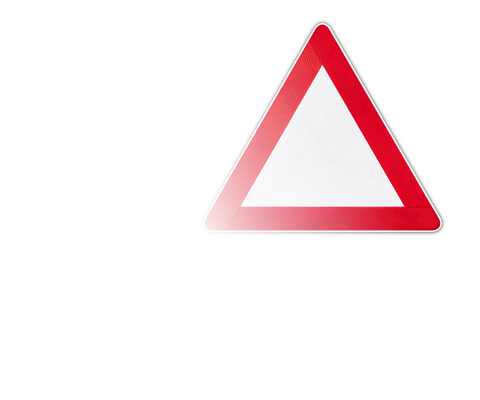Definition of Shock
Shock from haemorrhage is the usual reason for undertaking surgery immediately.
Question: What is the definition of shock?

Shock from haemorrhage is the usual reason for undertaking surgery immediately.
Question: What is the definition of shock?
Answer: Shock is a life-threatening condition that occurs when vital organs are not getting enough blood flow, oxygen and nutrients. This can damage multiple organs.
Shock requires immediate medical treatment and can get worse very rapidly.
Question: What are the signs of shock?

Shock from haemorrhage is the usual reason for undertaking surgery immediately.
Question: What is the definition of shock?
Answer: Shock is a life-threatening condition that occurs when vital organs are not getting enough blood flow, oxygen and nutrients. This can damage multiple organs.
Shock requires immediate medical treatment and can get worse very rapidly.
Question: What are the signs of shock?
Answer: Signs of shock include:
- Confusion
- Pale, cool, clammy skin
- Low or no urine output
- Anxiety or agitation
- Blueish lips and finger nails
- Dizziness, light-headedness, or faintness
- Profuse sweating, moist skin
- Rapid but weak pulse
- Shallow breathing
- Chest pain
- Unconsciousness
As an anaesthetist it is important that you learn
how to manage the patient who is shocked. This is dealt with in other
tutorials within this series.
Anaesthetic drugs and
spinals exacerbate shock.